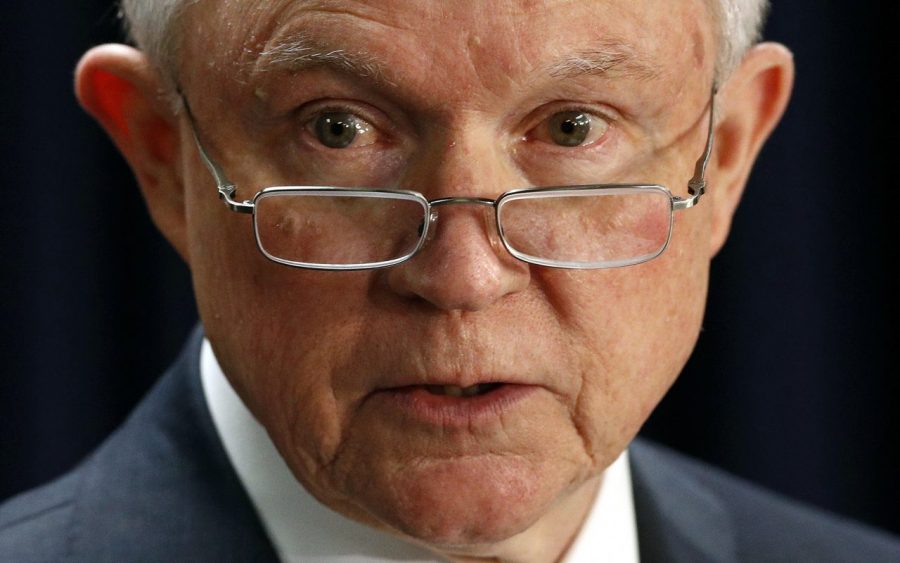California Cannabis entrepreneurs claim US Attorney General’s policy to repeal Cole Memo guidelines is just a publicity stunt
California had just started legal sales of social cannabis when US Attorney General Jeff Sessions announced that the Department of Justice would rescind the Cole Memo.
The Cole Memo, originally drafted by James M. Cole, states that law enforcement and prosecutors should avoid persecuting those abiding by their state’s cannabis laws, and only focus on cannabis related criminal offenses such as distributing cannabis to minors; preventing revenue from the sale of cannabis from going to criminal enterprises, gangs and cartels; preventing state-authorized cannabis activity from being used as a cover or pretext for the trafficking of other illegal drugs or other illegal activity, among others.
While the Sessions’ move made Colorado congress members very worried about the state’s rights, Californians seemed unconcerned.
“It’s very disappointing to see,” said Jason Santos, the CEO and founder of BurnTV—a cannabis-centric Netflix-type digital lifestyle and entertainment platform. “But I’m highly skeptical that it’s going to really impact the industry that much. It feels like a bunch of talk with the intention of creating worry more than it is something that’s actionable.”
Steve DeAngelo, CEO of Harborside Health Center, said in a public statement Friday: “Sessions is the last standing advocate of the widely discredited, unscientific Reefer Madness approach to cannabis policy … and chances are remote that his action will impact the legal cannabis industry.”
Santos also claims the federal government doesn’t have the time or money to breakdown an industry that has a 64 percent approval rate in America. Considering 30 states have cannabis laws, Santos explains the Department of Justice will likely create war—at least a massive legal war—if tax-paying businesses compliant with state laws get shut down.
While DeAngelo and Santos both seem calm during the storm, Kellsi Booth, an attorney who represents large-scale growers in Los Angeles and Nevada, advises the industry to proceed with caution.
“With California just having gone live with commercial use cannabis, this kind of changing of the guard makes me a bit concerned that California could actually be a huge target,” Booth said to Forbes.com. “But if any enforcement action is going to be taken, it’ll be against people in the black market or major players who probably have done something they shouldn’t have done, or who are seen as causing harm or danger to the health and safety of the public,” which was covered in the guidelines under the Cole Memo.
California might be at target after its recent legalization of social cannabis use, but the cannabis industry seems too unified, knowledgable, and brave to take down.
“The industry is too big to stop,” says Santos. “It’s going to continue no matter what.”










